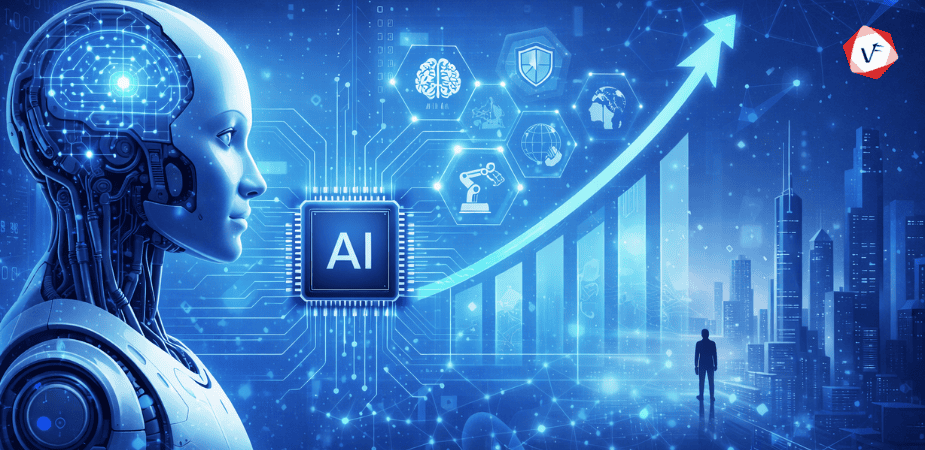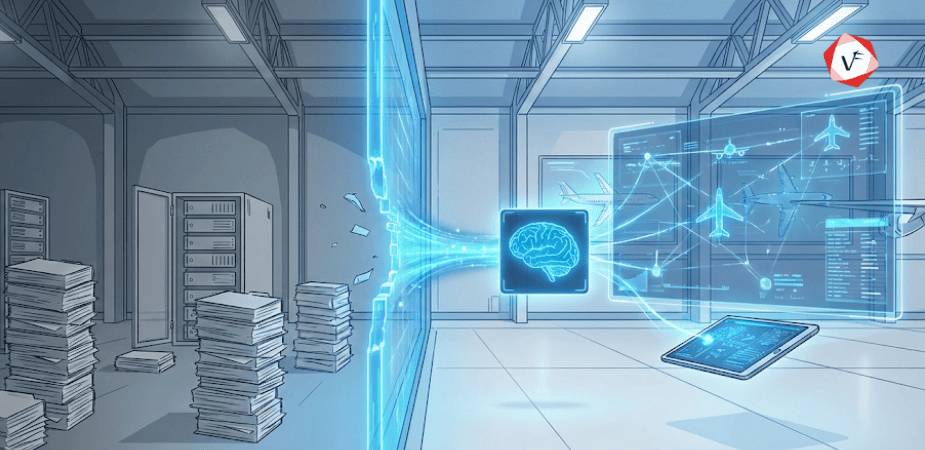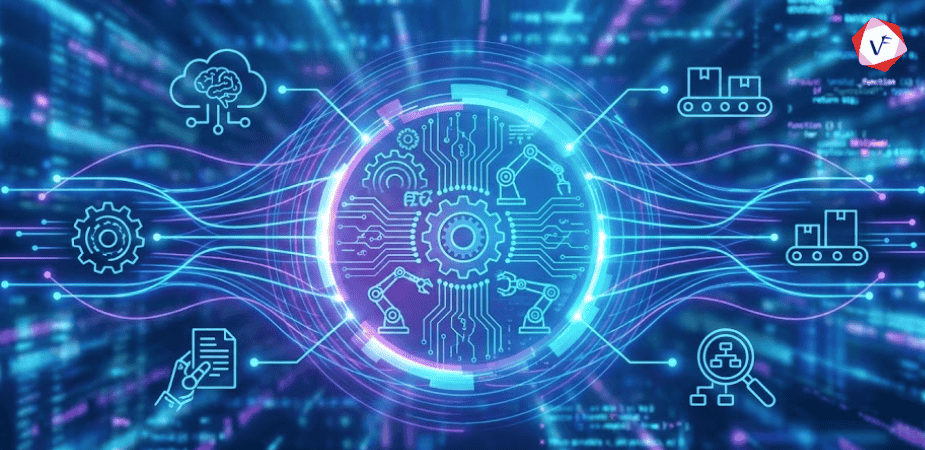Quantum computing is one of the most revolutionary advancements in the field of computer science and technology. It represents a paradigm shift from classical computing, offering immense computational power by leveraging the principles of quantum mechanics. While classical computers use bits as the fundamental unit of information, quantum computers use quantum bits or qubits, which can exist in multiple states simultaneously due to a property known as superposition. This capability enables quantum computers to perform complex calculations at speeds unimaginable for even the most powerful classical supercomputers.
Understanding Quantum Mechanics: The Foundation of Quantum Computing
To fully grasp the concept of quantum computing, it’s essential to understand the basics of quantum mechanics—the branch of physics that deals with the behavior of particles at the atomic and subatomic levels.
Superposition: Unlike classical bits that can be either 0 or 1, qubits can be both 0 and 1 simultaneously, thanks to superposition. This allows quantum computers to process a vast number of possibilities at once, vastly increasing computational power.
Entanglement: Entanglement is a phenomenon where two qubits become interconnected in such a way that the state of one directly influences the state of the other, regardless of the distance between them. This interconnection allows quantum computers to perform complex operations much faster than classical computers.
Quantum Tunneling: Quantum tunneling refers to the ability of particles to pass through energy barriers that would be insurmountable in classical physics. In the context of quantum computing, it helps qubits find solutions to problems more efficiently by exploring many possibilities simultaneously.
The Basic Building Blocks: Qubits and Quantum Gates
At the heart of quantum computing are qubits and quantum gates. Qubits are the quantum analog of classical bits, but with far greater computational potential due to their ability to exist in superposition. The state of a qubit is typically represented as a vector in a two-dimensional complex vector space, where the two basis vectors correspond to the classical states 0 and 1.
Quantum gates, on the other hand, are the quantum equivalent of classical logic gates. These gates manipulate the state of qubits, allowing quantum algorithms to be executed. Unlike classical gates, which are deterministic, quantum gates are reversible and operate on qubits in a way that leverages quantum superposition and entanglement.
Popular Quantum Algorithms
Shor’s Algorithm: This algorithm can factor large numbers exponentially faster than the best-known classical algorithms, which has significant implications for cryptography. If a sufficiently powerful quantum computer were built, it could break many of the cryptographic systems currently in use.
Grover’s Algorithm: Grover’s algorithm provides a quadratic speedup for unstructured search problems. While this might not sound as dramatic as Shor’s algorithm, it still represents a substantial improvement over classical approaches.
Quantum Simulation: Quantum computers can simulate quantum systems exponentially more efficiently than classical computers. This has profound implications for fields such as chemistry and materials science, where understanding the behavior of complex quantum systems is crucial.
The Current State of Quantum Computing Hardware
Building a practical quantum computer is an immense technical challenge. The delicate nature of quantum states makes them highly susceptible to errors caused by environmental noise, a phenomenon known as decoherence. To address this, quantum computers require extremely precise control systems and sophisticated error-correction techniques.
Currently, several different physical implementations of qubits are being explored, each with its own strengths and challenges:
Superconducting Qubits: These qubits are made using superconducting circuits, which can be manipulated using microwave pulses. Companies like IBM, Google, and Rigetti are at the forefront of developing quantum computers based on superconducting qubits.
Trapped Ions: Trapped ion qubits are created by trapping ions in electromagnetic fields and manipulating their quantum states using lasers. This approach, championed by companies like IonQ, offers high coherence times but faces challenges in scaling.
Topological Qubits: Topological qubits are based on exotic particles called anyons, which exhibit non-Abelian statistics. These qubits are more resistant to decoherence, making them promising candidates for building large-scale quantum computers. Microsoft is heavily invested in this approach.
Photonic Qubits: Photonic quantum computing uses light particles (photons) as qubits. This approach is advantageous because photons are less susceptible to decoherence and can be transmitted over long distances. Companies like Xanadu are pioneering in this space.
It is still uncertain which approach will ultimately prove to be the most scalable and practical for large-scale quantum computing.
Quantum Computing Applications: Transforming Industries
Cryptography: Quantum computing poses both a threat and an opportunity for cryptography. On the one hand, quantum computers could break widely used cryptographic systems, such as RSA and ECC, by efficiently factoring large numbers. On the other hand, quantum cryptography techniques, like Quantum Key Distribution (QKD), offer unbreakable encryption based on the principles of quantum mechanics.
Drug Discovery and Healthcare: Quantum computers can simulate molecular interactions at the quantum level, potentially revolutionizing drug discovery. By accurately modeling complex molecules, quantum computers could help discover new drugs faster and more cost-effectively than ever before. This could lead to breakthroughs in treating diseases that are currently incurable.
Finance: Quantum computing could revolutionize the financial industry by enabling more accurate and efficient modeling of financial markets. Quantum algorithms could optimize investment portfolios, manage risk, and detect fraud with unprecedented speed and accuracy.
Supply Chain and Logistics: Quantum computers could optimize complex supply chains by solving optimization problems that are currently intractable. This could lead to more efficient logistics, reduced costs, and improved sustainability in industries such as manufacturing and transportation.
Artificial Intelligence and Machine Learning: Quantum computing has the potential to enhance artificial intelligence (AI) and machine learning by providing faster and more efficient algorithms. Quantum machine learning algorithms could handle massive datasets and complex models more effectively than classical computers, leading to more accurate predictions and smarter AI systems.
Materials Science: Quantum computers could revolutionize materials science by simulating the properties of new materials at the quantum level. This could lead to the discovery of new materials with unprecedented properties, such as superconductors that work at room temperature or ultra-strong and lightweight materials for aerospace and automotive applications.
Challenges & Obstacles in Quantum Computing
Decoherence and Error Correction: Quantum states are extremely delicate and can be easily disturbed by external noise, leading to errors in computation. Developing robust error-correction techniques that can protect quantum information from decoherence is one of the biggest challenges in quantum computing.
Scalability: Building a large-scale quantum computer with millions of qubits is a formidable challenge. Current quantum computers have only a few dozen qubits, and scaling up to the thousands or millions of qubits needed for practical applications requires significant advances in quantum hardware and control systems.
Algorithm Development: While several quantum algorithms have been developed, many practical applications of quantum computing require new algorithms that can take full advantage of quantum hardware. Developing these algorithms is an ongoing area of research.
Quantum Supremacy: Quantum supremacy refers to the point at which a quantum computer can perform a computation that is beyond the capabilities of any classical computer. While Google claimed to have achieved quantum supremacy in 2019, this milestone is just the beginning. Demonstrating quantum supremacy for more practical problems remains a significant challenge.
Interfacing with Classical Computers: Quantum computers are not standalone devices and will need to work in conjunction with classical computers. Developing efficient methods for interfacing quantum and classical systems is crucial for the practical deployment of quantum computing.
The Future of Quantum Computing: Opportunities and Risks
Quantum Internet: One exciting possibility is the development of a quantum internet, where quantum computers and quantum communication devices are interconnected using quantum entanglement. This could enable ultra-secure communication networks and new forms of distributed computing.
Impact on Employment: Quantum computing could disrupt various industries, leading to both job creation and job displacement. As with any technological revolution, it will be important to manage this transition to ensure that the benefits of quantum computing are widely shared.
Ethical Considerations: The power of quantum computing raises ethical questions, particularly in areas like cryptography, privacy, and AI. Ensuring that quantum computing is developed and deployed in a responsible and ethical manner will be crucial.
Global Competition: Quantum computing is a field of intense global competition, with major investments from countries like the United States, China, and the European Union. The race to develop quantum technology has strategic implications, and the leadership in this field could have a significant impact on global power dynamics.
Commercialization: As quantum computing matures, the focus will increasingly shift from research to commercialization. Companies that can successfully develop and deploy quantum solutions will have a competitive advantage in various industries.
Final Thoughts
Quantum computing is poised to revolutionize the world by solving problems that are currently beyond the reach of classical computers. With its ability to leverage the principles of quantum mechanics, such as superposition, entanglement, and quantum tunneling, quantum computing offers unprecedented computational power. As quantum hardware and algorithms continue to improve, we can expect quantum computing to transform industries such as cryptography, healthcare, finance, logistics, AI, and materials science. However, significant challenges remain, including issues related to decoherence, scalability, algorithm development, and quantum supremacy. Despite these obstacles, the future of quantum computing looks promising, with potential applications that could change the way we live and work.





